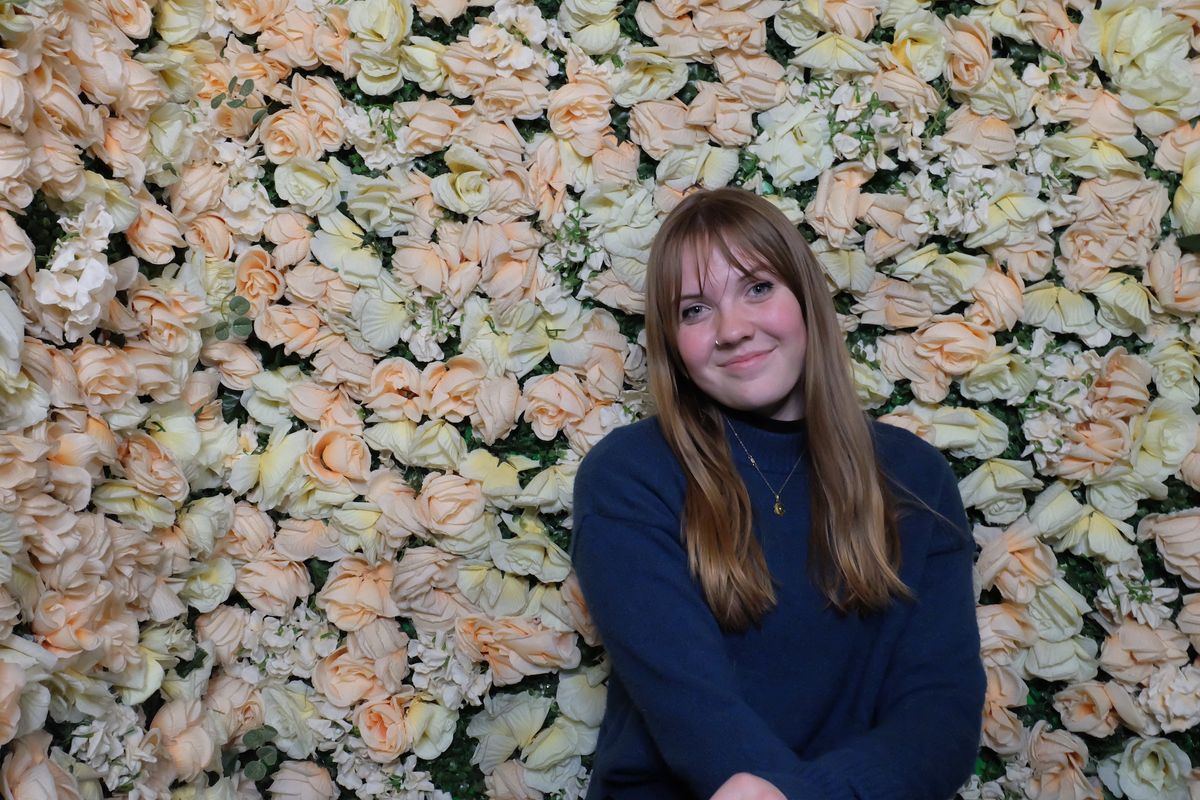You should tell your friends you love them

If being out as bisexual has taught me anything in the past few years, it’s that friendship is hideously undervalued in our culture.
As a queer person, I spend a lot of time with other queer people. We tend to congregate. What stands out to me about queer friendship is that there tends to be a greater degree of comfort with platonic intimacy.
Honestly, I’m not a very touchy person, but when my friends hug me or hold my hand, it’s because they’re showing affection, and there’s an immense comfort and warmth that comes from knowing that they love me. It’s become one of my favorite aspects of the community.
To be clear, it’s not that I don’t consider straight people capable of showing affection to non-significant others. It’s just that the intimacy between queer friends is often indicative of the familial nature of queer communities. In that sense, platonic intimacy between queer people is different because it holds a different meaning.
Found family is a concept that is integral to queer culture, having much to do with the history of ostracization of queer individuals from their biological families. Queer friends are often also queer family members.
I’m lucky to have a biological family that, overall, supports me no matter what, but I’ve found that I still need my chosen family for the things that my biological family just can’t understand — not for lack of trying, but because they just don’t have the experience to understand how my queer identity affects the way I see the world.
Rejection from one’s biological family is not the only reason that LGBTQ+ people need found families. Unlike many minority identities, such as racial or religious minorities, most queer people aren’t born into their community, and they are often left to navigate those aspects of their identity on their own.
Queer people understand other queer people in ways that those outside of the community never truly can. It is no wonder that relationships within the LGBTQ+ community take on a more intimate nature when, for many, getting to know other queer people is the first time that they’ve related to another person on such a deep level.
In addition to found families, there are an increasing number of people that are interested in developing relationships that exist somewhere between the levels of friendship and romantic partners.
According to Ashley Broadwater in an article for Well+Good, the term for this relationship dynamic that’s deeper than friendship but not quite romantic is called “queerplatonic.” Queerplatonic relationships originated in asexual and aromantic communities, but the definition has broadened to incorporate other friendships of a similar nature.
All that is to say that highly affectionate and intimate friendships are a staple of queer identity, just like drag or “The Rocky Horror Picture Show.”
Being queer and being friends with other people who are queer has made me believe that friendships can be just as emotionally fulfilling as romantic relationships in terms of emotional intimacy and acts of physical affection.
Queer friendships have the potential to serve as a model for what friendship in our culture could be if we allow the need for close friendships to take on a more significant role.
If I may offer some advice, prioritize your friendships. Sometimes your friends have more to offer in terms of empathy than romantic partners or even biological family members.
And please, tell your friends you love them.



